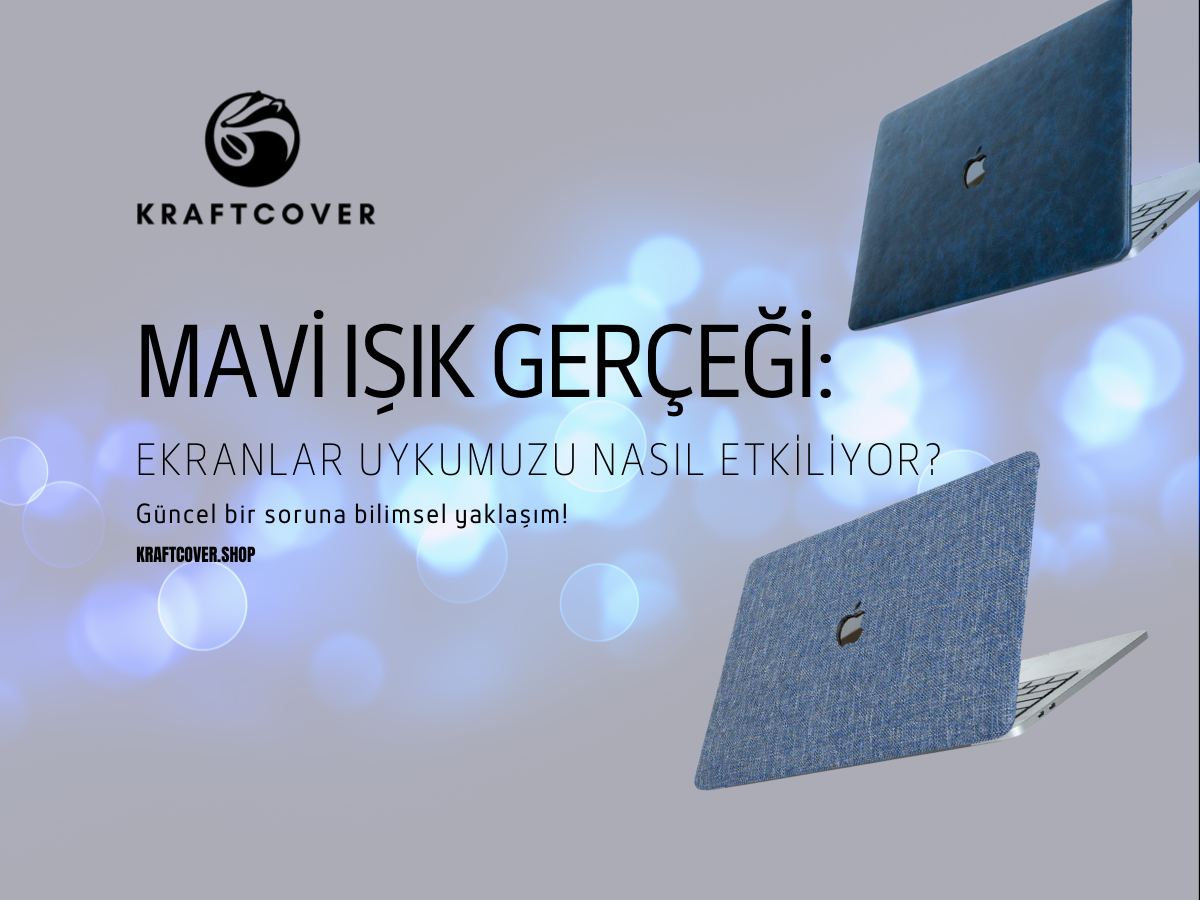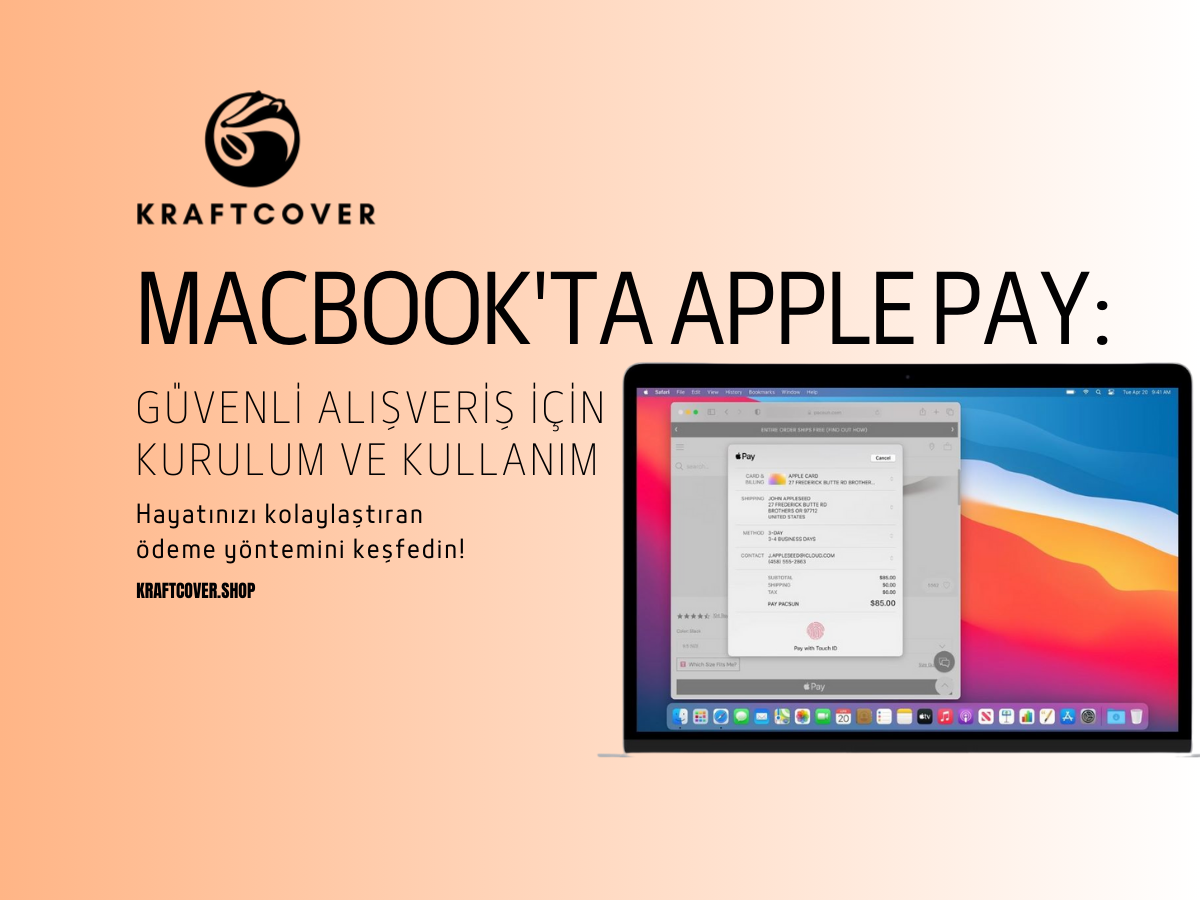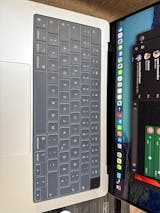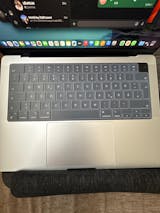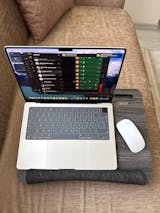Ekran karşısında geçirdiğimiz saatler artık günlük yaşamımızın vazgeçilmez bir parçası. Ancak gece yarısı sosyal medyada gezinirken veya Netflix'te “sadece bir bölüm daha” derken farkında olmadan uyku düzenimize sabotaj yapıyor olabiliriz. Peki, suçlu kim? Ekranların yaydığı o masum görünümlü mavi ışık!
Bu yazıda, mavi ışığın uyku düzenimizi nasıl etkilediğini, bu etkinin nedenlerini ve bu etkilerle başa çıkmanın yollarını eğlenceli ve pratik bir şekilde keşfedeceğiz.
Mavi Işık Nedir ve Neden Önemlidir?

Hemen paniğe kapılmayın, mavi ışık doğada her yerde var. Güneş ışığının doğal bir bileşeni olan mavi ışık, sabahları bizi uyandıran ve enerji veren ışık dalga boylarından biri. Yani doğal ortamda, gün içinde bu ışık oldukça faydalı. Ancak gece olduğunda, yani doğal olarak karanlığa ihtiyaç duyduğumuzda işler değişiyor.
Ekranlardan yayılan yapay mavi ışık ise tam bir oyunbozan. Telefonlar, tabletler, bilgisayarlar ve televizyonlar, gözlerimize sürekli bu ışığı gönderiyor. Gece geç saatlerde mavi ışığa maruz kalmak, beynimizin hala gündüz olduğunu düşünmesine neden oluyor ve bu da uyku düzenimizi alt üst ediyor.
Mavi Işık ve Melatonin: Uyku Düşmanı
Uyku düzenimizi kontrol eden baş aktörlerden biri olan melatonin hormonu, mavi ışığın etkisiyle baskılanır. Melatonin, vücudumuza “artık uyuma zamanı” sinyalini veren hormondur. Ancak mavi ışık:
- Melatonin Salgısını Azaltır: Ekranlardan gelen ışık, beynin melatonin üretimini yavaşlatır ve bu da uykuya dalmamızı zorlaştırır.
- Vücut Saatimizi Bozar: Biyolojik saatimiz, karanlıkla senkronize olarak çalışır. Mavi ışık, bu doğal ritmi bozar ve gece geç saatlere kadar uyanık kalmamıza neden olur.
- REM Uykusunu Etkiler: Kaliteli bir uyku için gerekli olan REM (Hızlı Göz Hareketi) uykusu, mavi ışığa maruz kaldığımızda sekteye uğrar.
Gece Yarısı Sosyal Medya Turu: Hangi Zararlara Yol Açabilir?
Yatağa yattınız, uykunuzun gelmesini beklerken bir anlık “telefonuma bakayım” dediniz. O bir anlık bakış, birkaç saatlik uyku kaybına dönüşebilir. İşte ekran başında geçirilen uzun sürelerin uykuya etkileri:
- Zihinsel Yorgunluk: Mavi ışık, beyninizi uyku öncesi rahatlama moduna sokmak yerine uyanıklık modunda tutar.
- Daha Geç Uyuma: Her bir TikTok videosu ya da bir sonraki Instagram gönderisi, uykuya dalmanızı daha da geciktirir.
- Kısa Uyku Süresi: Geceleri ekran başında daha fazla vakit geçirmek, toplam uyku sürenizi ciddi şekilde kısaltır.
Mavi Işıkla Baş Etmenin Yolları
Mavi ışığın zararlarından tamamen kaçınmak mümkün olmasa da bu etkileri azaltmak için alabileceğiniz birkaç pratik önlem var:
1. Gece Modu Kullanın
Çoğu cihazda bulunan “gece modu” veya “mavi ışık filtresi” özelliği, ekranın yaydığı mavi ışık miktarını azaltır. Bu modlar, ekrandaki renkleri daha sıcak bir tona çevirerek gözlerinizin daha az yorulmasını sağlar.
2. Mavi Işık Engelleyici Gözlükler
Mavi ışık filtreli gözlükler, özellikle akşam saatlerinde ekran karşısında çalışmanız gerekiyorsa oldukça faydalıdır. Bu gözlükler, gözlerinizi mavi ışığın zararlı etkilerinden koruyarak uyku düzeninizi destekler.
3. Ekran Süresini Sınırlayın
Yatağa gitmeden en az bir saat önce ekran kullanımını bırakmayı deneyin. Bunun yerine kitap okumak, meditasyon yapmak veya hafif bir müzik dinlemek gibi ekran dışı aktivitelerle vakit geçirebilirsiniz.
4. Doğal Işık Desteği Alın
Gün içinde daha fazla doğal ışık almak, biyolojik saatinizi düzenler ve mavi ışığın etkisini dengeler. Sabahları güneş ışığında yürüyüş yapmak harika bir başlangıç olabilir.
5. Uyku Rutini Oluşturun
Düzenli bir uyku rutini oluşturmak, mavi ışığın zararlarını azaltmada oldukça etkilidir. Her gece aynı saatte yatmak ve sabah aynı saatte kalkmak, vücudunuzun doğal ritmini destekler.
Ekran Bağımlılığı ve Uyku Kalitesi
Ekran bağımlılığı sadece uykunuzu değil, genel sağlık durumunuzu da etkileyebilir. Yeterince uyuyamadığınızda:
- Odaklanma Sorunları: Gün içinde konsantrasyon eksikliği yaşarsınız.
- Bağışıklık Sistemi Zayıflığı: Kalitesiz uyku, vücudunuzu enfeksiyonlara karşı savunmasız bırakır.
- Duygusal Dalgalanmalar: Yeterli uyku, duygusal dengeyi sağlar. Uykusuzluk ise daha çabuk sinirlenmenize neden olabilir.
Mavi Işık Teknoloji Dünyasında Bir Gereklilik mi?
Evet, mavi ışık tamamen kötü değil. Gündüz saatlerinde mavi ışığa maruz kalmak, enerji seviyelerini artırır ve zihinsel uyanıklığı destekler. Ancak sorun, bu ışığa gece saatlerinde de maruz kalmamız. Teknoloji, hayatımızı kolaylaştırırken sağlığımızı da olumsuz etkileyebilir. Bu dengeyi kurmak, tamamen bizim elimizde.
Mavi ışığı tamamen engellemek mümkün olmasa da, ekran koruyucular bu ışığın etkisini minimuma indirmeye yardımcı olabilir. Özellikle MacBook Pro ve Air için 2’li Ekran Koruyucu Paketi, hem ekranınızı çizilmelere ve darbelere karşı korur hem de mavi ışığın etkilerini azaltır. Uykunuzun dostu olabilecek bu koruyucular, ekranınızın berraklığını bozmadan daha sağlıklı bir kullanım sunar.
Son Söz: Uykunuzu Önceliklendirin
Mavi ışık, ekranlarla dolu bir dünyada kaçınılmaz bir gerçek. Ancak bu, uyku düzenimizi ve genel sağlığımızı göz ardı etmemiz gerektiği anlamına gelmiyor. Uykunuz, hem fiziksel hem de zihinsel sağlığınız için temel bir unsurdur. Ekran sürelerini yönetmek, mavi ışığın etkilerini azaltmak ve uyku kalitenizi artırmak için atacağınız her adım, 2023’te daha sağlıklı bir yaşam sürmenize yardımcı olacak.
Unutmayın, mavi ışık düşmanınız değil; doğru yönetildiğinde arkadaşınız bile olabilir. İyi uykular ve ekranlarla dengeli bir yaşam dileriz! 🌙
Ayrıca inceleyin: Migren ile Başa Çıkmak: MacBook Kullanıcıları İçin Işık-Ses Hassasiyeti Düzenlemeleri

